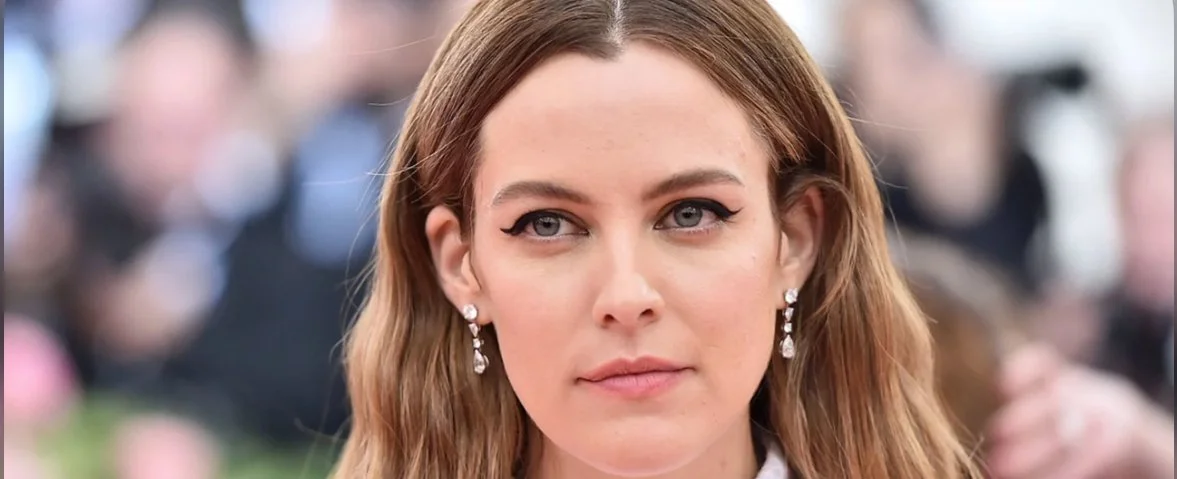Adam Sandler has proven himself to be a formidable actor over the years. Yes, THAT Adam Sandler, the same actor who played the lovable H2O-loving dimwit in “The Waterboy,” and the same guy who fought Bob Barker on the golf course in “Happy Gilmore,” etc.
However, most cinephiles know that, if given the chance with a decent script, Sandler can most definitely act. He proved it in Paul Thomas Anderson’s indisputably great “Punch-Drunk Love,” and again in Noah Baumbach’s “The Meyerowitz Stories.” But you better get ready for his performance in The Safdie Brothers’ “Uncut Gems.” This is Sandler at, not only his best, but his rawest. He’s a ticking time bomb waiting to explode.
“Uncut Gems” is quite possibly the most Jewish American movie since 2009’s “A Serious Man.” Sandler’s Howard Ratner, a loud wheeler-dealer in New York’s diamond district who also happens to be a compulsive gambler, is married to wife Dinah (Idina Menzel), whom he is cheating on with work assistant Julia (Julia Fox).
Deep in debt and being threatened on a daily basis by hoodlums, Howard has acquired a precious rock dug up by black Jews in Ethiopia. It’s a sight to see, thousands of carats and worth close to a million dollars. His plan is to auction it off and use the money to pay off his gambling debt. However, against his better instincts, Howard decides to lend the gem to basketball star Kevin Garnett, who perceives it as a good luck charm. Ratner gets Garnette’s championship ring as collateral, but this misjudgment sets in motion no end of crises and misfortune for Howard.
There is also a comedic nature to “Uncut Gems,” as the Safdies manage to concoct one outrageous incident after another; a memorable one involving Howard and wife Dinah attending their kids’ school theater presentation, which ends with Howard locked nude in the trunk of a car. The comedy in the film is also very Jewish-based: there’s a hilarious passover dinner in which we find out that one of the debt collectors (played by Eric Bogosian) is actually part of Ratner’s immediate family.
And yet, despite the episodic hysterics, the Safdies have managed to craft a humane film, filled with gritty dramatic stakes. The anxieties feel real because you actually care for Ratner’s fate, despite his frustrating demeanor and his ADD-style lapses in judgement.
What the Safdies have created here is their own Jewish version of “Mean Streets.” So is it much of a surprise that Martin Scorsese executive produced the film? The legendary director surely sees what we see in this dynamic directing duo — the Safdies seem to be breathing new life in the crime movie, pushing the genre forward into our 21st century angst.
Credit must, of course, go to Sandler, in the performance of his career as a man addicted to business, money, gambling, women and sports. But, much like Paul Thomas Anderson did for the actor in “Punch-Drunk Love,” the Safdies have managed to create a fascinating, lived-in world etched in varied backgrounds and Darius Khondji’s cinema-verité cinematography. The gutter poetry, as I liked to call it, of their 2017 thriller “Good Time” is again on display, but the adrenaline is cranked up to 11. Their gift for creating atmospheric tension, not to mention a crime world that feels all-too-realistic, is enhanced ten-fold with this latest endeavor on the mean streets of New York City. [A-]





